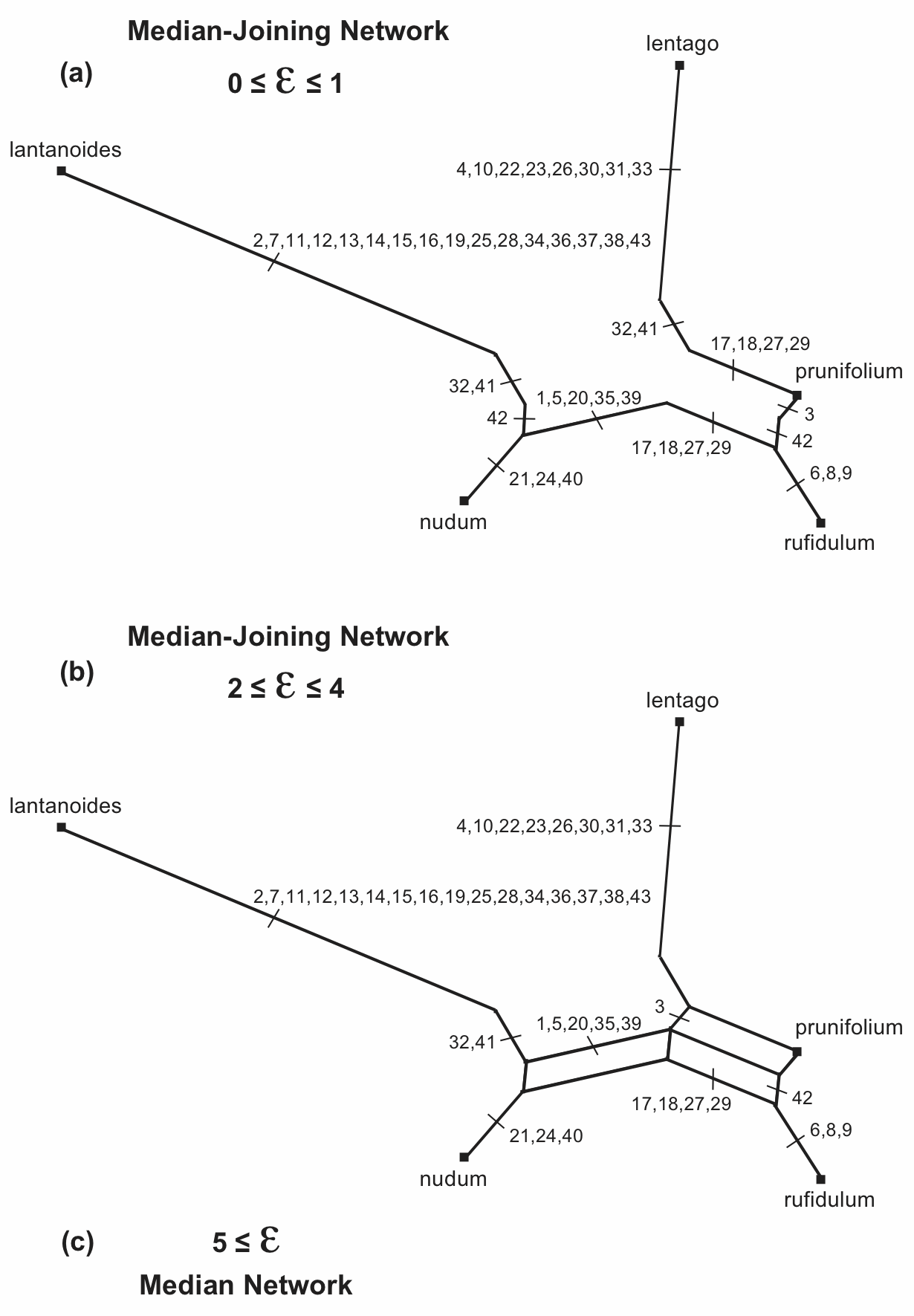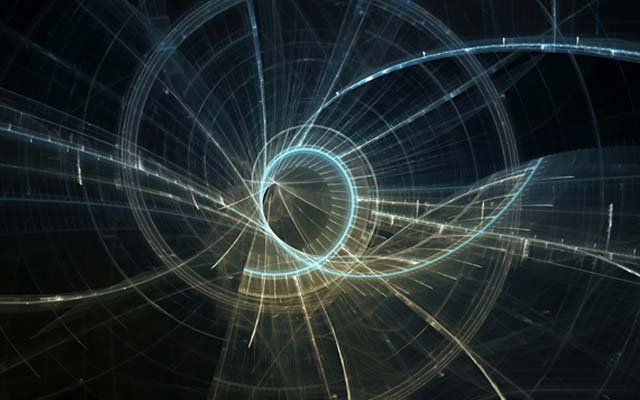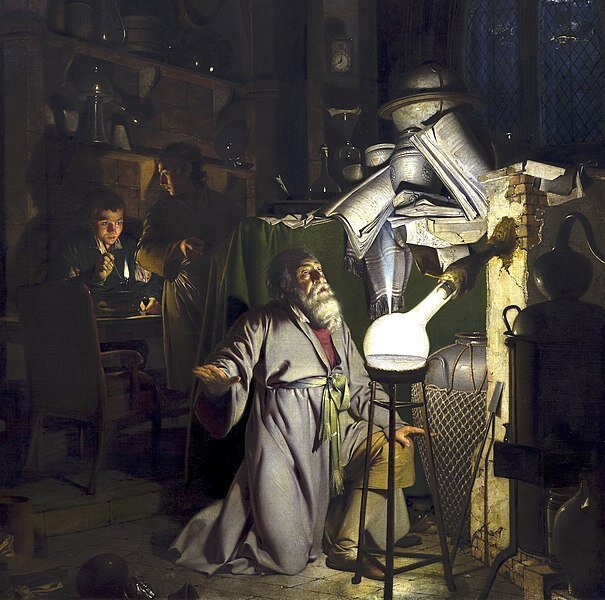The Genealogies of Modernity Journal
The Interaction Problem
Either the mysterious structures underpinning our rationality are arbitrary and misleading, or—somehow—they broadly work… We are forced to wager that there is something somehow connecting our thoughts with reality.
Kit Wilson on science, skepticism, and subjective experience
Our Modern Split Personality Disorder
“As the great phenomenologists and theoretical physicists of the mid-twentieth century saw it, then, science simply cannot deny ordinary human experience without ultimately undermining itself.”
Kit Wilson on science and reality
The Roots of Eugenics and the Hope of Dignity
Either humanity, and thus each and every human, has dignity in its current state, or it, and by extension we, can never claim to have, or give, dignity.
John P. Slattery offers a genealogy of eugenics
Primer of Phylogenetic Networks
David Morrison offers a scientific deep-dive on networks of change
The Rise of the Information Nexus
We no longer connect with one another over information as often as we used to. Instead, we connect with a broker, a hub, a nexus.
Tom White and Wesley Brandon on substituting systems for people
On Divine Space
There is a genealogical case to be made that the solidity of the modern scientific world picture may have been unwittingly grounded upon a theistic metaphysic.
JD Lyonhart on Henry More and the origins of modern space
Nuclear Counterfactuals: Part II
Truman’s decision was an inevitably flawed human attempt to come to grips with a wicked problem, in the absence of perfect knowledge and in the full knowledge that the stakes were world-historical in significance.
Andrew Latham on counterfactuals and the atom bomb
The Social Question of Artificial Intelligence
The word “artifice” means handiwork, work of skill. Artificial intelligence is a wondrous work. And yet, if we allow that artifice to define our reality… we may become artifices ourselves, handiwork of our handiworks.
John Dolan and Jordan Wales on AI and us
How AI Will Change Us
The meaning of our personhood becomes a necessary object of examination wherever some technology is deeply entwined with our lives, particularly when that technology purports to replicate what we are.
Jordan Wales and John Dolan on AI and us
On the Myth of a Singular Science
Stephen Gaukroger exposes the insubstantial reasons for assuming that some meaningful theoretical construct or set of practices called "Science" underpins all the sciences..
Eileen Reeves reviews Civilization and the Culture of Science
Man Is a Social Organism
The body politic metaphor became proof that the immigrant and the dependent were biologically incompatible with the rest of society. The community that grew out of this interpretation shaped itself in strange, unsettling, and inhumane ways.
G. Marie Aquilina traces the history of eugenics as a distortion of the body politic
We Are What We Behold
While the ancients may have had the science wrong, the reality of the experience to which they referred by the “Gorgon effect” still rings true today.
J. Larae Cherukara revaluates forgotten theories of optics
The Legacy of Margaret Sanger
It is interesting to imagine an alternative history, one where Sanger had received the support she sought from eugenicists. What would our feminist genealogies look like then?
G. Marie Aquilina examines Margaret Sanger’s place in feminist genealogy
Haunted Modernity: Francis Bacon’s Ghost Ship
We are dealing with a ghost ship, a reminder that the modernity we seek to understand is profoundly haunted.
Christopher Fite asks what a “haunted modernity” means for the history of science.

















